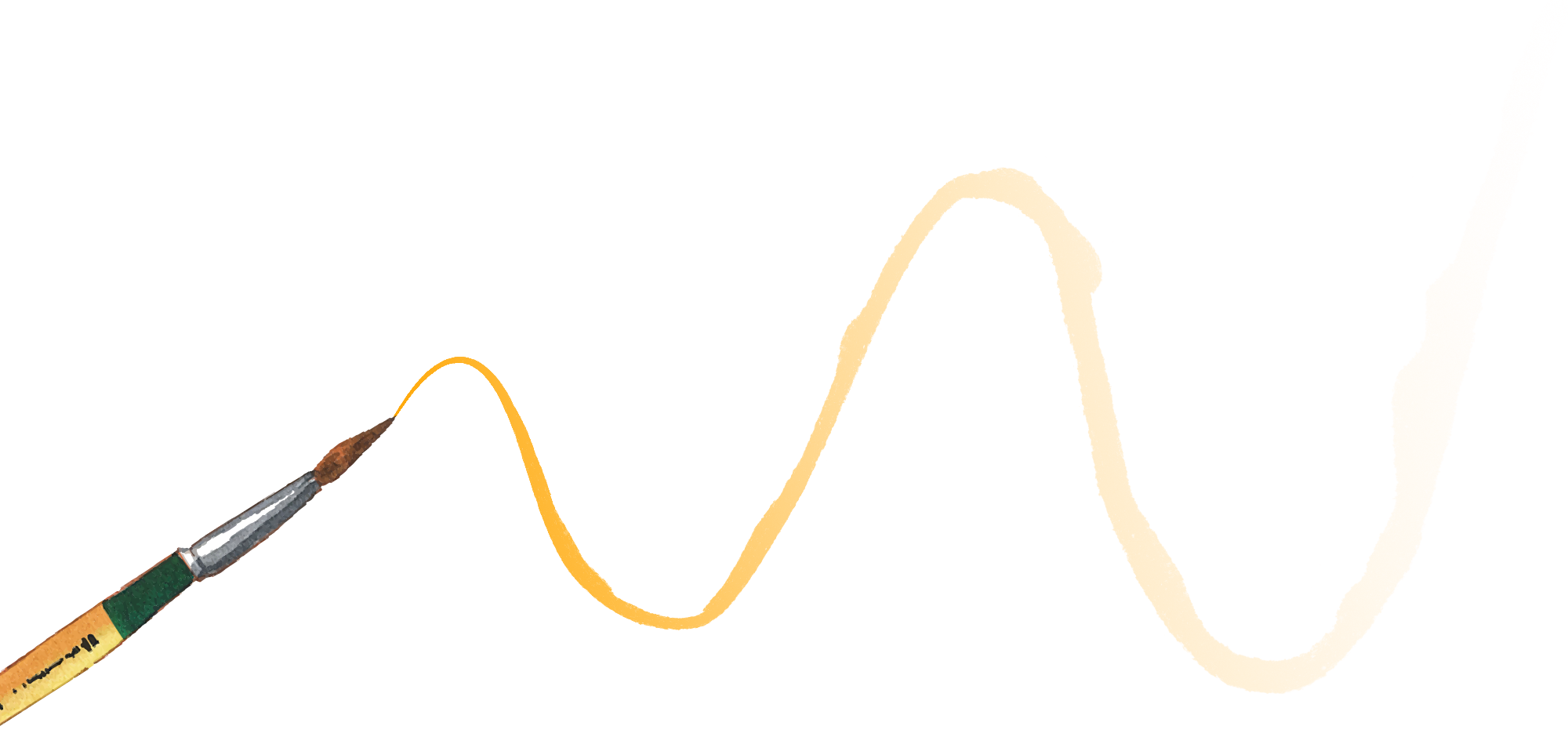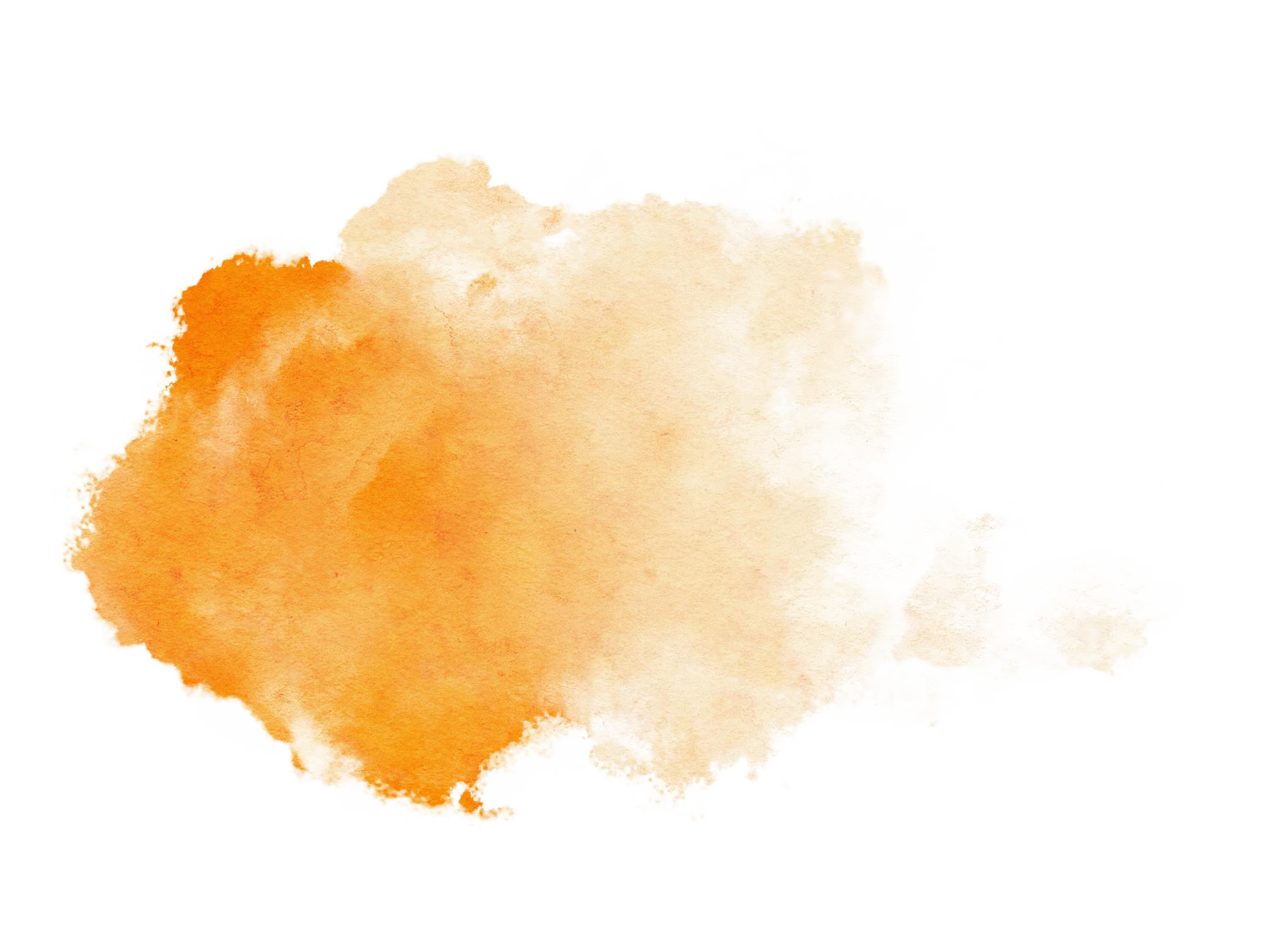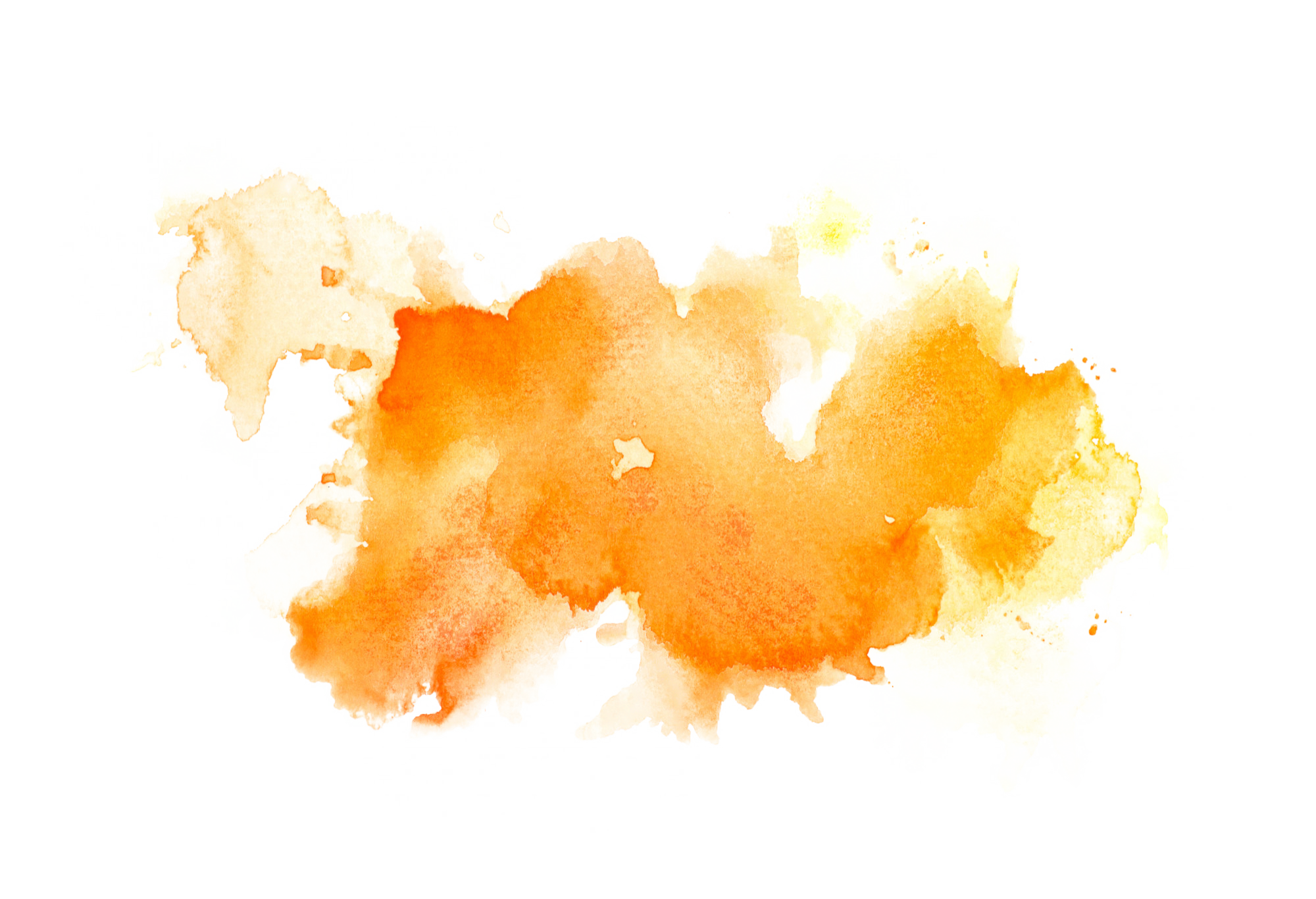
Caorle

The splendid town
Caorle, an enchanting maritime town, enchants with its beautiful beaches and picturesque fishing harbour that blends harmoniously into the pedestrianised historic centre. The houses painted in pastel colours, the narrow streets evoking Venetian charm and the crystal-clear hues of the sea will give you an unparalleled experience.

ScoglieraViva
ScoglieraViva is a special art exhibition in Caorle. It started when artist Sergio Longo transformed a boulder into a statue of Neptune, the God of the Sea, in 1992. Then, every year or two, artists from all over the world gather in Caorle to transform other boulders into works of art. These works are exhibited to the public along the coast.
The Casoni
Explore the magical atmosphere of the Caorle lagoon, a destination that even inspired Ernest Hemingway in his novel ‘Across the River and Into the Trees’. Here, unspoilt nature blends with the evocative presence of Caorle's characteristic ‘casoni’, ancient fishermen's dwellings built from marsh reeds and wood.
To reach them, simply walk or cycle along the evocative ‘casoni’ path, which extends to the east of the centre of Caorle, at the end of Levante beach. Immerse yourself in a unique journey through history, nature and seafaring tradition.
The beach
Immerse yourself in the infinite beauty of the Caorle coastline, a stretch of coastline that stretches for over 15 km through the various hamlets of the town such as Porto Santa Margherita, Lido Altanea and Duna Verde.
This long strip of fine sand, with its golden hues, overlooks a crystal-clear sea with shallow and gradually sloping seabed.
For lovers of physical activity, a long sandy shore parallel to the beach offers the perfect terrain for invigorating runs or regenerating walks at dawn or dusk.
Find out more about the beach HERE
The Sanctuary by the Sea
Madonna dell'Angelo
The Church of the Madonna dell’Angelo, built around the year 1000, stands on an enchanting setting overlooking the sea, at the beginning of Levante beach, also known as ‘Spiaggia della Madonnina’. Legends say that fishermen discovered the simulacrum of the Holy Virgin floating in the sea on a block of marble. Only children, commissioned by the bishop, managed to bring it to the small church. In 1727, a devastating sea storm spared the sanctuary. In 1751, a new temple dedicated to St Michael and the Virgin of the Angel was built. Today, the church is a place of veneration and celebration, with annual events such as the Coronation Festival and the sea procession every five years.














